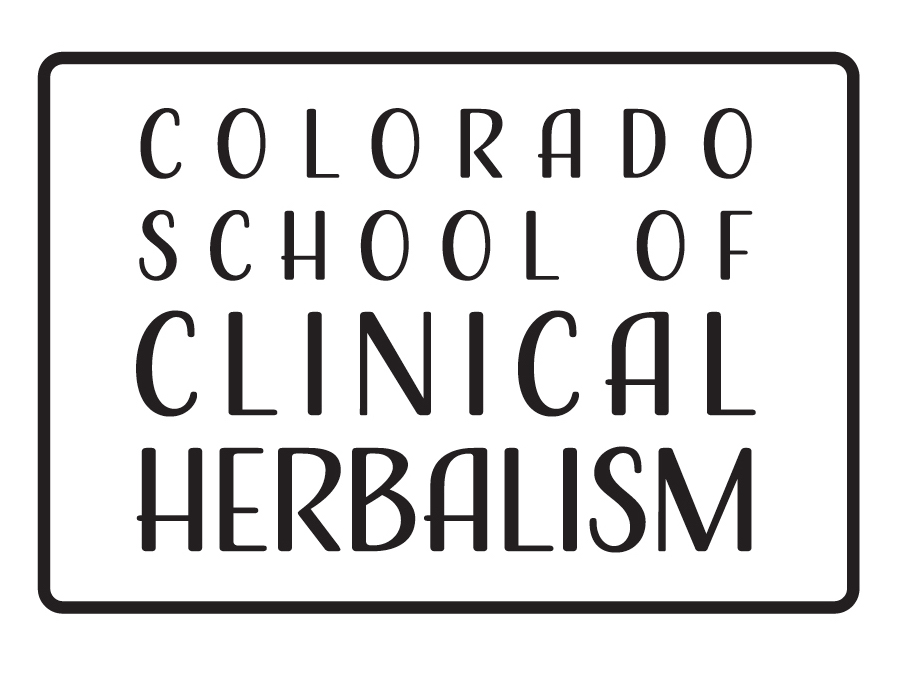Author: Julie Peachtree, CH, CN

Sexual health and wellness are tough topics to bring up with your tween or teen. More research is coming out daily showing the importance of age appropriate sex education beginning in early childhood. With increasing screen time, internet access, and mobile devices available to children younger and younger, kids are seaking out or stumbling across pornogrpahy and graphic content at increasingly younger ages. Adolescents are more likely to have healthier relationships and less likely to have sex or have risky sex if they are armed with accurate information about sex, sexuality, and contraception. Many adults I know, myself included, have had awkward or uncomfortable experiences of teachers, pastors, or parents trying to teach about sex education. These conversations, at their worst, can be harmful to a young persons bourgeoning erotic self. At their best, they can be informative, honest, factual, and helpful. Here are a few tips to support you having this conversation with your tween or teen without the harmful result:
- Find a time or seize a moment when you can sit side by side. In a car, on a bench, a couch, or even on a walk. By not keeping extended eye contact, pressure is released and questions can arise.
- Be aware that you will not hold their attention for hours on end, think about the main points you want to make and speak your piece in as few words as possible.
- Listen and lean into the quiet. Let them lead and discuss the topics they bring up. Ask if they have any questions and then remain quiet. They may need a moment to muster the courage before speaking up. They may ask, or they may not. Let them know they can ask you at any time. This is not a one time event after all.
- Recruit someone else to add on to your conversation. Is there a family member or mentor they particularly like or respect? A doctor, clinician, or therapist may help here as well. This is a time when someone slightly younger can be helpful as your teen may feel closer to their age.
- It’s not just about sex. Include information on healthy relationships, respect, and sexual violence. If the information they are learning is from pornography, it is important to explain that porn is not reflective of real world relationships, it’s role play and potentialy harmful.
- Provide comprehensive information. The most important part is that they learn factual information about their body and healthy sexual relationships. Schools do provide some information, but there are gaps, shame based tactics, and often misinformation in these classes. Unfortunately, abstinence only sex education education remains in schools, even after we understand how poorly it works at educating our youth.
Follow the wisdom of Voltaire, “Don’t let the perfect be the enemy of the good.” Your conversation may not go as smoothly as you have hoped, but the key is keeping the lines of communication open. Even as tweens and teens naturally pull away from their parents at this time, they need guidance and as a parent or caretaker, your voice is a vital part of shaping their views on relationships and sex.
Resources:
[1] Three Decades of Research: the Case for Comprehensive Sex Education. https://www.sciencedirect.com/science/article/pii/S1054139X20304560
[1] Social Media, Mobile Phones, and Sexting. https://internetsafety101.org/mobilestatistics
[1] Mobile Phone Access ‘Damaging’ to Children and Teenagers. https://www.bbc.com/news/newsbeat-26122390
[1] Age of First Exposure to Pornography Shapes Men’s Attitudes Towards Women. https://www.apa.org/news/press/releases/2017/08/pornography-exposure
[1] The Effectiveness of Group- Based Comprehensive Risk- Reduction and Abstinence Education Interventions to Prevent or Reduce the Risk of Adolescent Pregnancy, Human Immunodeficiency Virus, and Sexually Transmitted Infections. https://www.ajpmonline.org/article/S0749-3797(11)00906-8/fulltext
[1] https://theabstinenceproject.com/
[1] Adolescents’ Perceptions of Sexual Health Education Programs: An Integrative Review. https://www.sciencedirect.com/science/article/abs/pii/S0140197120301184?via%3Dihub[1] How to Talk to Teenagers about Porn. https://childmind.org/article/how-to-talk-to-teenagers-about-porn/
[1] Abstinence- Only- Until- Marriage: An Updated Review of US Policies and Programs and Their Impact. https://www.jahonline.org/article/S1054-139X(17)30260-4/fulltext
